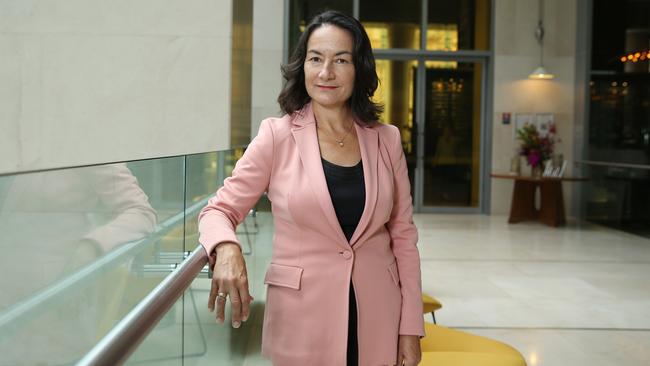
A tough outlook has been blamed for Potentia Capital’s decision to abandon its plans to buy Tyro Payments for over $832m, according to sources, in what is the latest buyout proposal to collapse in recent weeks.
The eftpos payments company released a statement to the market on Monday saying Potentia had told the company it does not intend to proceed with a proposal to buy Tyro Payments and talks between the pair have ended.
Tyro’s board has taken a tough stance with Potentia when it came to price, and while one source said one of Potentia’s funds withdrew support for the offer, leaving it short of funding, and others say the funding was in place, it appears that the outlook played a major part in its decision to walk away.
Last year, Tyro rejected a $1.60 per share offer from Sydney-based Potentia, equating to an $832m equity value after an earlier $1.27 per share offer was rejected, but offered due diligence in the hope that the group would lift its bid.
The due diligence concluded about two months ago, and it had been radio silence on the back of this, despite suggestions that negotiations were quietly unfolding in the background.
Last month, sources indicated that a deal was on the brink of being finalised, valuing the target at between $1.70 and $1.85 per share, with the final hurdle around Tyro’s banking licence and gaining approval from the Australian Prudential Regulation Authority.
It is understood that the most recent negotiations were at about $1.75 per share, yet one view is that with an earnings upgrade last week, the board may have been keen for a slight bump to the price in the final hour.
But since that time, the country’s unemployment rate has increased and the Reserve Bank of Australia has once again lifted interest rates, pointing to future economic weakness.
Tyro’s shares closed 16 per cent lower at $1.28 in a slightly lower market on Monday.
Shareholders have been placing a great deal of pressure on Tyro’s board, led by Fiona Pak-Poy, to accept any improved offer that emerged for the company.

Larger investors in the group, such as Regal Funds with 7 per cent, and the Mike Cannon-Brookes-backed Grok Ventures with 12.5 per cent, are two parties that were likely to react strongly should another offer be knocked back.
There had earlier been threats in the background of an extraordinary general meeting to oust the board being called should a deal not be supported.
In its statement, Tyro has talked up its prospects, pointing to its annual upgraded gross profit guidance of between $192m and $194m and earnings before interest, tax, depreciation and amortisation of between $41m and $43m.
Suggestions have surfaced that Westpac and NAB could return to Tyro after earlier considering a bid.
But a recent move by Apple to allow peer to peer transactions may mean it would not need a payments group like Tyro, unless it had better technology.
Payments providers are typically considered low margin businesses and in the current market, private equity firms may be no longer willing to make a bet on the sector.
Potentia is advised by Jarden Australia and Tyro is advised by Barrenjoey, and the latest withdrawal from Tyro comes after it recently purchased Nitro Payments for $500m.
It comes as obtaining funding remains challenging in the current high interest rate environment for private equity, particularly in the US-based Term Loan B market.
Recently, private equity firm TPG Capital withdrew its offer for funeral services provider InvoCare before returning with a $13 per share offer expected to be accepted by the board.
Other non-resource industry buyout proposals this year yet to reach a conclusion are Bain Capital’s bid for aged care provider Estia, with talk in the market that the buyout fund will walk away from the target, after its first offer was rejected, while Healius has rejected a merger proposal from Australian Clinical Labs, which counts private equity firm Crescent Capital as a major shareholder.




To join the conversation, please log in. Don't have an account? Register
Join the conversation, you are commenting as Logout